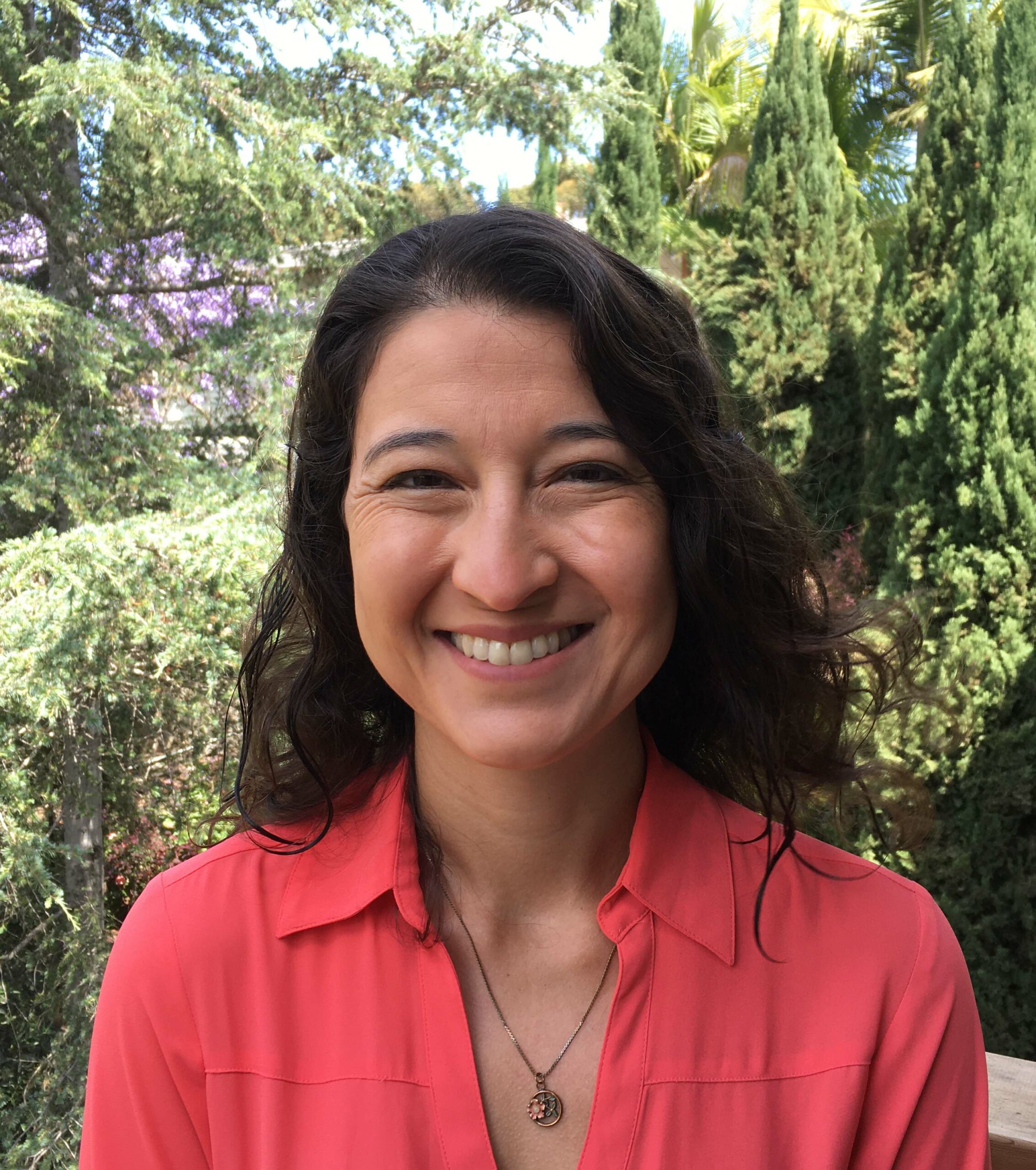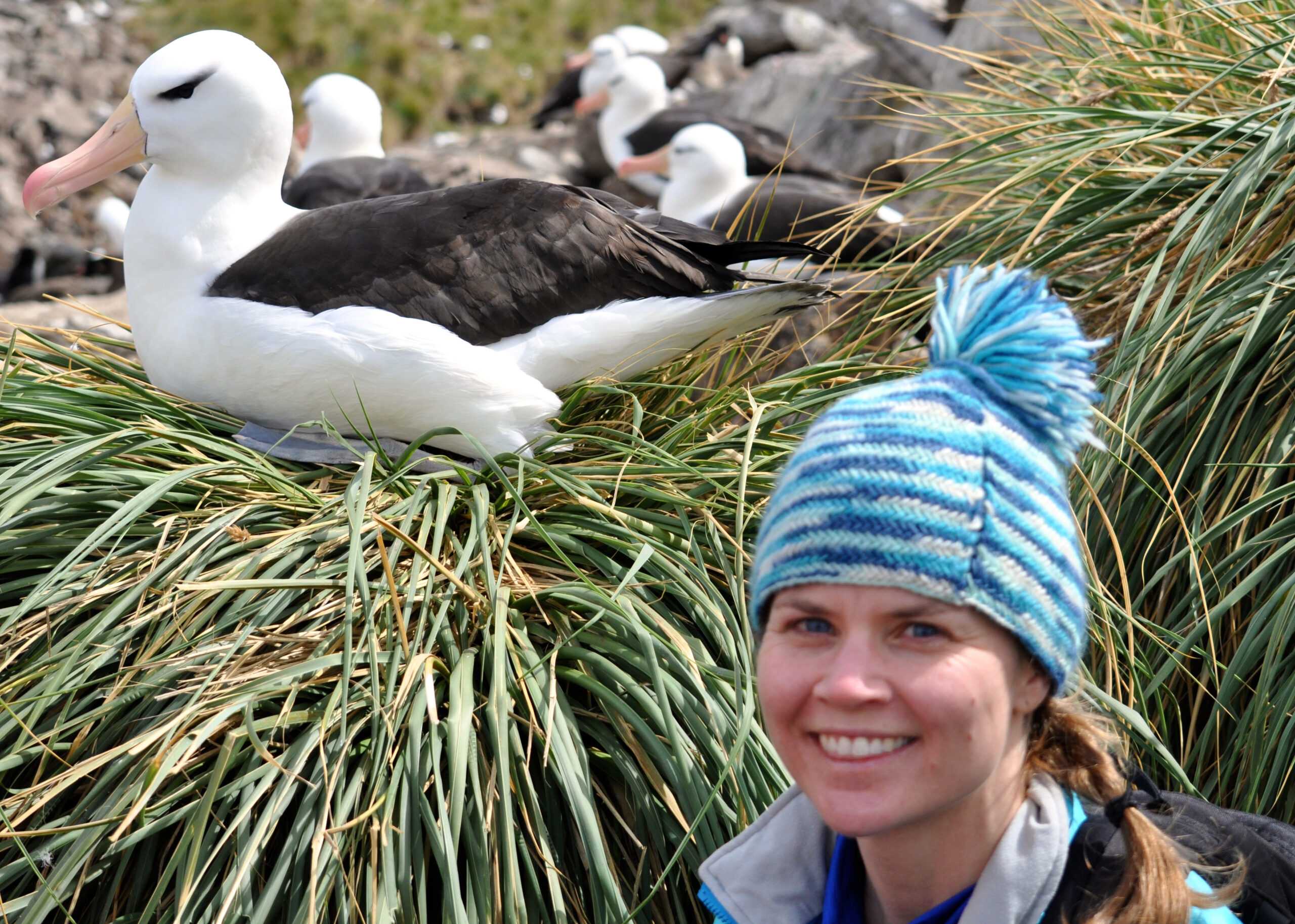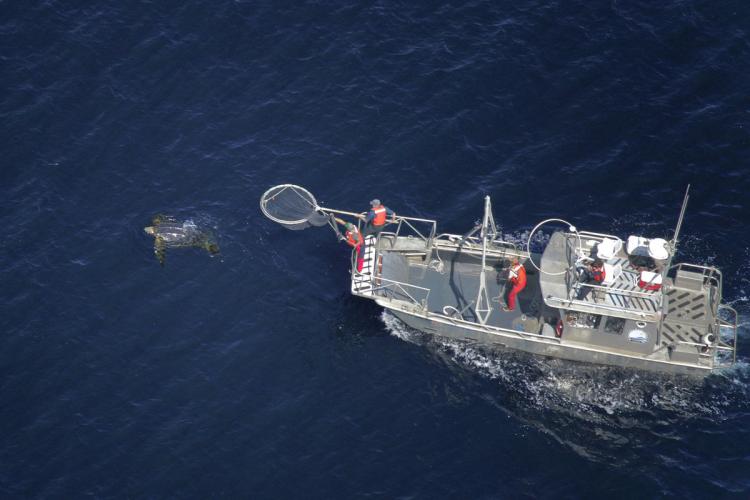Darcy Taniguchi, CSU San Marcos
Hosted by the Phycology Lab
Presenting: "Interdisciplinary approaches to investigate plankton population dynamics"
MLML Virtual Seminar | April 29th, 2021 at 4pm
About the speaker:
Darcy Taniguchi is an Assistant Professor at CSU San Marcos. Her research explores the characterization and response of marine communities and organisms to varying environmental conditions and interactions. Most of her work focuses on understanding planktonic communities. She received her BA in Mathematics and BS in Biology from UC San Diego and received her MS and PhD in Biological Oceanography from UC San Diego.






